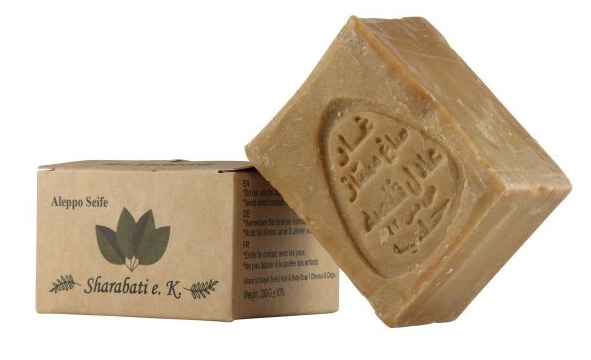Soap is a household item that we use every day, but have you ever wondered where it all started? The history of soap dates back thousands of years, with the oldest known soap being discovered in ancient Babylon.
Ancient Beginnings
The earliest evidence of soap making dates back to around 2800 BC in Babylon, where a clay tablet was found detailing the recipe for soap using water, alkali, and cassia oil. This discovery marked the beginning of soap making as we know it today.
Egyptian Influence
The ancient Egyptians also played a significant role in the history of soap, with records showing that they used a soap-like substance made from a mixture of animal and vegetable oils, alkaline salts, and fragrances. They used this soap for personal hygiene and medicinal purposes.
Roman Contributions
The Romans further refined the soap making process by adding goat’s tallow and ashes to the mix, creating a soap that was softer and more moisturizing. They also used soap for bathing and cleaning, with public baths becoming a popular social gathering place.
Middle Ages and Renaissance
During the Middle Ages, soap making became an important industry in Europe, with soap makers forming guilds to regulate production and ensure quality. By the Renaissance period, soap had become a staple in households across Europe, with different regions developing their own unique recipes and scents.
Modern Innovations
In the 18th century, soap making underwent a revolution with the discovery of lye, a strong alkaline solution that improved the cleaning power of soap. This led to the mass production of soap and the creation of new varieties, including liquid and scented soaps.
Today, soap continues to be an essential part of our daily lives, with countless varieties and scents to choose from. From its ancient beginnings in Babylon to the modern innovations of today, the history of soap is a fascinating journey that continues to evolve. Next time you use soap, take a moment to appreciate its rich and diverse history.
